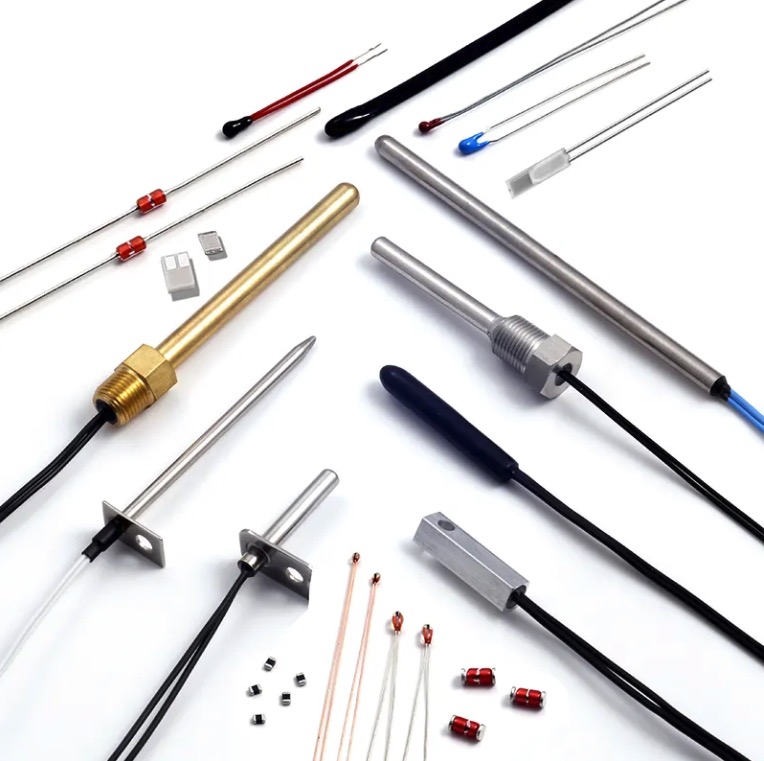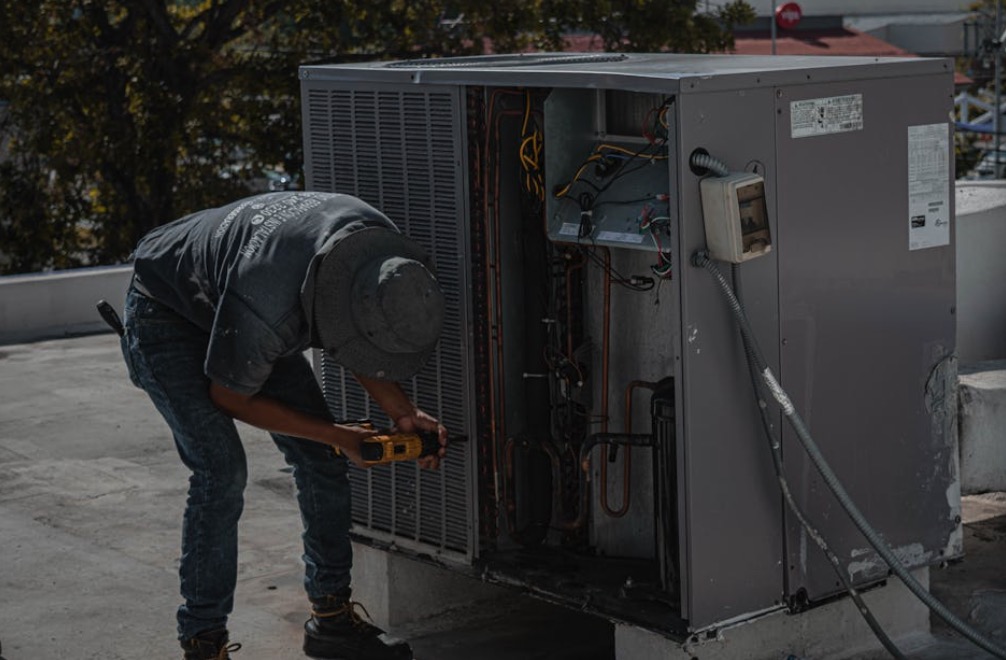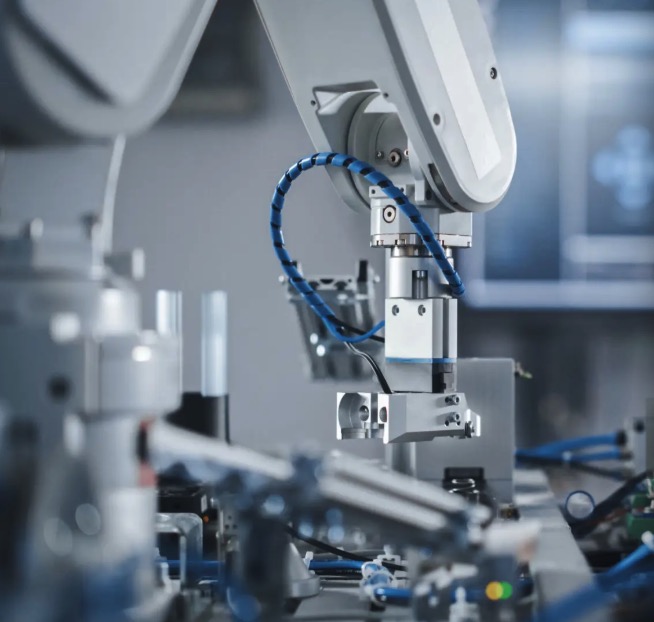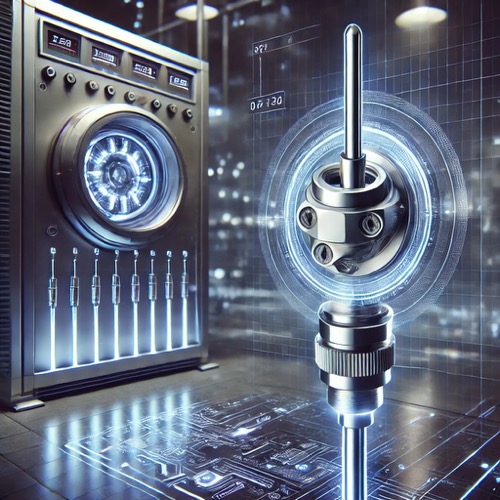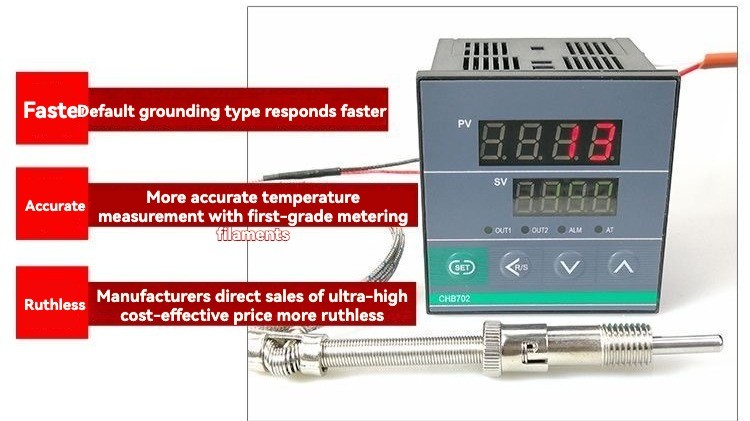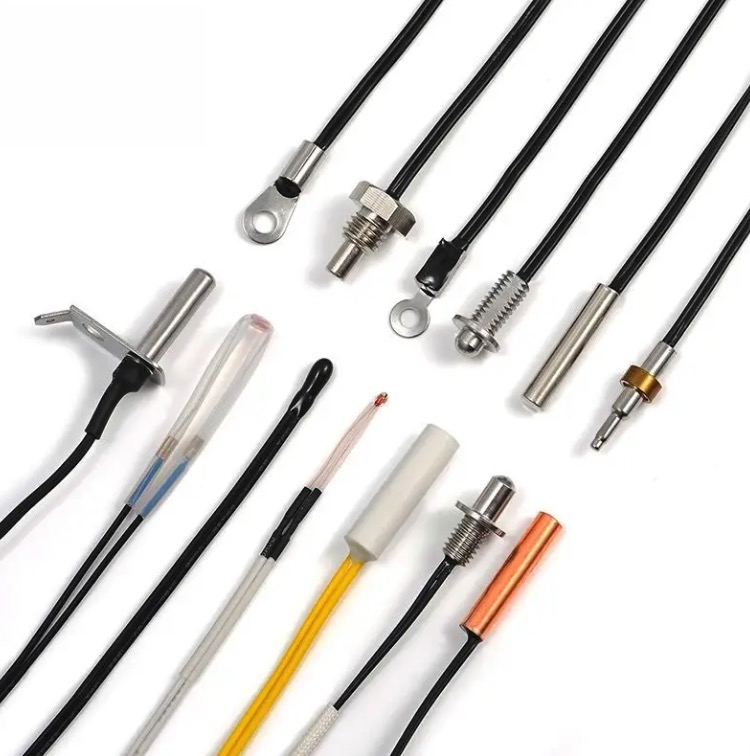
From Kitchen to Kiln: Exploring Thermocouples Across Temperature Extremes
Thermocouples are indispensable tools in temperature measurement, renowned for their versatility and durability across a vast range of applications—from everyday kitchen appliances to the intense environments of industrial kilns. This article delves into the various types of thermocouples, their specific applications, and how manufacturers like Starlight, a leading Chinese producer, are innovating to meet diverse industry needs. Understanding Thermocouples A thermocouple consists of two dissimilar metal wires joined at one end, known as the sensing junction. When this junction experiences a change in temperature, it generates a voltage that can be interpreted to determine the temperature. This simple yet effective

